
Some common diseases that often occur during this time include: seasonal flu, sore throat, bronchitis, pneumonia, and diseases of the skin, eyes, ears, nose and throat. In addition, infectious diseases such as hand, foot and mouth disease, dengue fever, chickenpox, although often occurring in the summer, but if personal hygiene and good environment are not maintained, they can completely break out sporadically during the cold season. For the elderly, resistance and immune system are reduced, so when the weather is cold, they are very susceptible to bacteria, viruses, etc.
From this time onwards, the weather in the North changes erratically, the northeast monsoon begins to appear combined with dry weather. The temperature difference between night and day is also the cause of stroke, stroke, myocardial infarction in the elderly, especially those with underlying diseases such as cardiovascular disease, high blood pressure, diabetes, high cholesterol...
According to records at medical facilities in Quang Ninh province, the number of children coming to hospitals for examination and treatment has increased, with common diseases still mainly being respiratory diseases, flu, digestive diseases... At some medical facilities, there has also been a return of dengue fever, whooping cough, measles...
Bai Chay Hospital in the current autumn - winter transition period, the number of children suffering from respiratory, digestive and pneumonia-related diseases is showing a clear upward trend. On average, the Pediatrics Department receives more than 10 inpatients per day, mainly children under 5 years old. In addition, the Hospital's pediatric clinic also receives about 50-60 children per day for examination of diseases related to sore throat, viral fever, cough, flu, etc.
Dr. Nguyen Thi Nhu Trang, Department of Pediatrics, Bai Chay Hospital, shared: This is currently the peak of respiratory diseases in children due to erratic weather changes. Many children are brought to the hospital with prolonged cough, high fever, wheezing, difficulty breathing, in which many cases have signs of respiratory failure, requiring intensive treatment. Some young children also have digestive symptoms such as diarrhea, vomiting, making the treatment process more complicated and prolonged. The main reason is that children's resistance is still weak, very susceptible to changes in weather, environment and cross-infection in the community.
At the Provincial General Hospital, the number of patients coming for examination and inpatient treatment due to respiratory diseases, especially in the elderly and children, is on the rise. Master. Dr. Phan Thanh Nghia, Head of the Department of Respiratory and Occupational Diseases, Provincial General Hospital, said: The number of patients hospitalized for pneumonia, bronchitis, bronchial asthma, etc. in the past 2 weeks has tended to increase by 10% compared to the beginning of September. In particular, in the elderly, the disease often progresses more severely due to underlying diseases such as cardiovascular disease, high blood pressure, diabetes. Some cases come to the hospital with difficulty breathing, respiratory failure and require oxygen intervention or intensive treatment.
To proactively prevent diseases during the changing seasons, people need to seriously implement measures to care for and protect the health of themselves and their family members.
For the elderly, due to the immune system declining with age and often suffering from chronic diseases such as high blood pressure, diabetes, cardiovascular disease, chronic obstructive pulmonary disease, the risk of contracting and worsening respiratory infections is very high. Therefore, the elderly need to be kept warm, especially in areas such as the neck, chest, limbs; avoid exposure to cold wind, cold water, and limit going out in the early morning or evening when the temperature drops.

For children, especially children under 5 years old, whose immune systems are not yet fully developed, they are susceptible to illness when the weather changes suddenly. Parents and caregivers should pay attention to keeping their children warm, especially in the early morning and at night, and change their clothes immediately if they sweat to avoid catching a cold.
In addition, wash your child’s hands regularly with soap, especially before eating and after using the toilet; avoid taking your child to crowded places when there is a respiratory disease outbreak. If your child shows signs such as severe coughing, high fever, vomiting, rapid breathing, wheezing, etc., take them to a medical facility early for examination and treatment.
Do not buy medicine, especially antibiotics for children to use at home without a doctor's prescription. Take your children to get all the vaccines in the expanded immunization program and vaccines to prevent diseases as recommended such as: seasonal flu, pneumococcal, measles, whooping cough...
Source: https://baoquangninh.vn/chu-dong-phong-tranh-benh-giao-mua-thu-dong-3378005.html








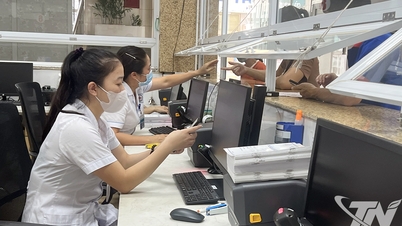





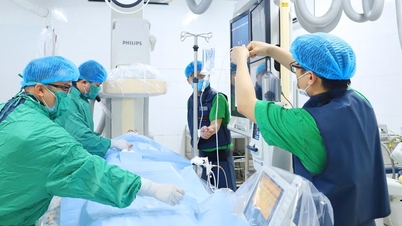






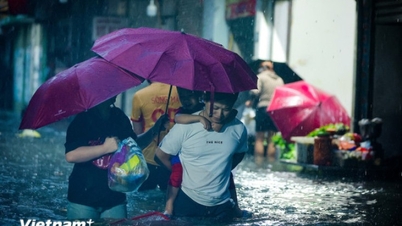

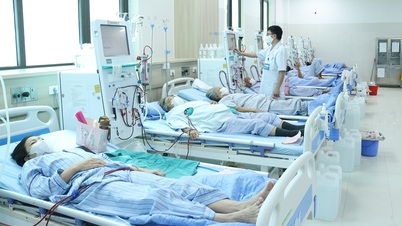

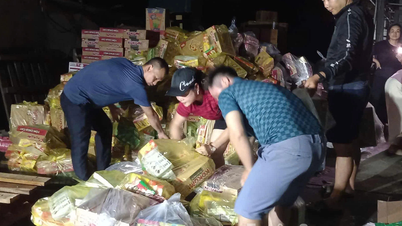



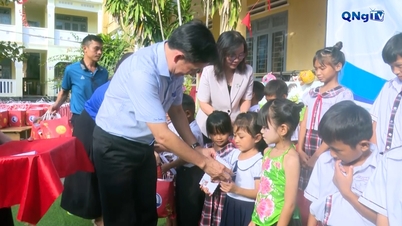





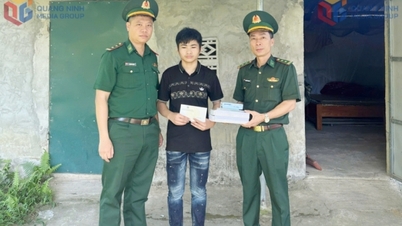




















































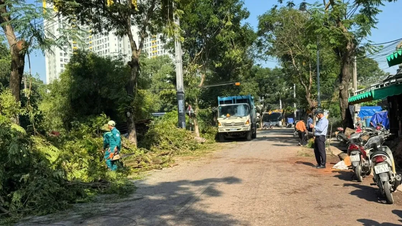
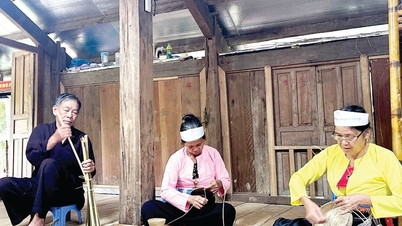




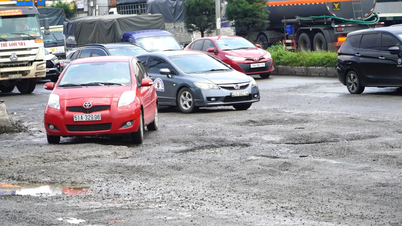
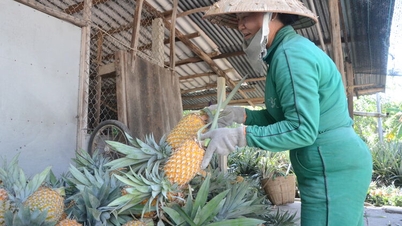














Comment (0)